Top 7 natural blood thinners
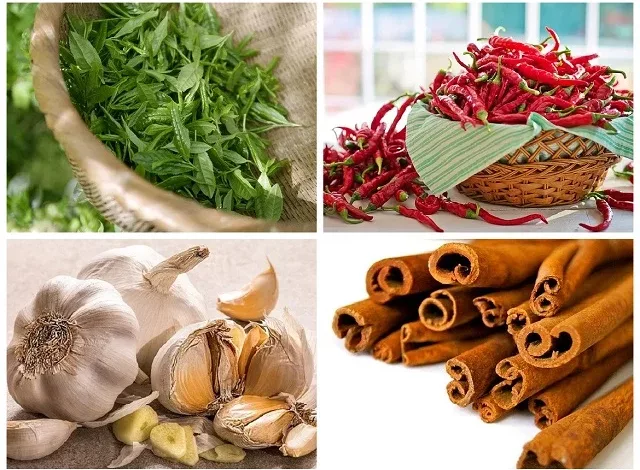
If the blood is too thick, the risk of blood clots increases. Fat and calcium salts settle on the walls of the arteries, which is why they lose elasticity, become stiff; atherosclerosis develops; sooner or later, this leads to a heart attack or stroke.
For such patients, doctors prescribe blood-thinning drugs. But with regular use, these drugs can destroy the mucous membranes of the stomach and intestines. Some food products have similar properties but without harm to health. Please include them in your diet to facilitate blood flow.
Natural blood thinners
Ginger
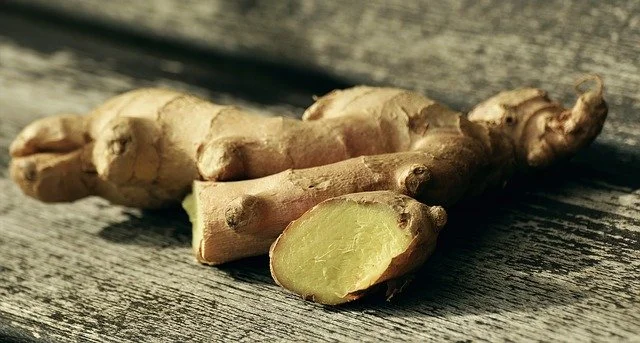
In addition to antiviral, antidepressant, antispasmodic and many other properties, this root has one more thing – ginger thins the blood. Ginger contains the substance gingerol – it removes cholesterol plaques and dissolves blood clots, activates cerebral circulation, strengthens blood vessels. It can be used in the therapy of atherosclerosis in combination with other therapeutic methods.
Based on ginger root, biologically active additives are produced for the prevention and treatment of varicose veins. However, as with taking any medicinal plants, it is necessary to consult a doctor about treatment with ginger, especially if medications have already been prescribed.
Turmeric
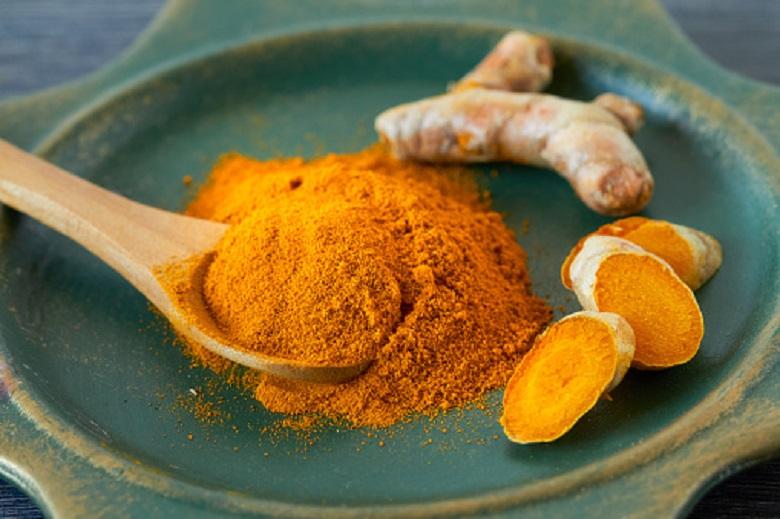
Turmeric is one of the natural anticoagulants – it thins the blood and lowers the heart pressure, which is very useful for hypertensive patients. It lowers excess blood sugar, has a beneficial effect on the cardiovascular system, and helps with Alzheimer’s disease. This spice acts as an antioxidant, slowing down the ageing process, including in skin cells.
Garlic
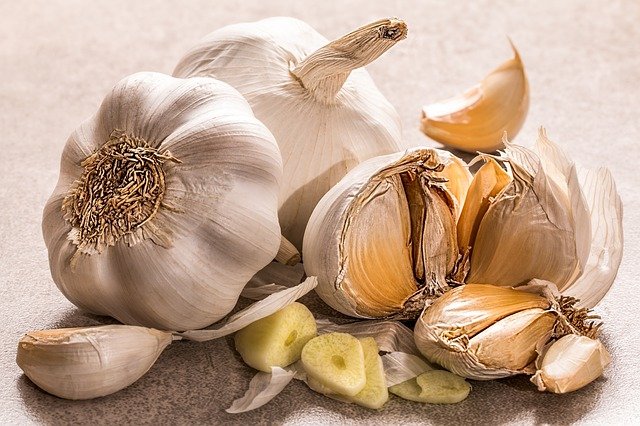
Another natural anticoagulant is garlic. The biologically active substances, ajoene and adenosine, reduce the viscosity, preventing the adhesion of red blood cells responsible for blood clotting – platelets. Due to this, the possibility of thrombus formation is noticeably reduced.
To improve the absorption of blood clots, it is enough to consume three cloves daily. Allicin in garlic reduces the tension of the vascular walls, increases the lumen of blood vessels, protects them from atherosclerotic formations, increases blood flow, and reduces the load on the heart muscle.
Cinnamon
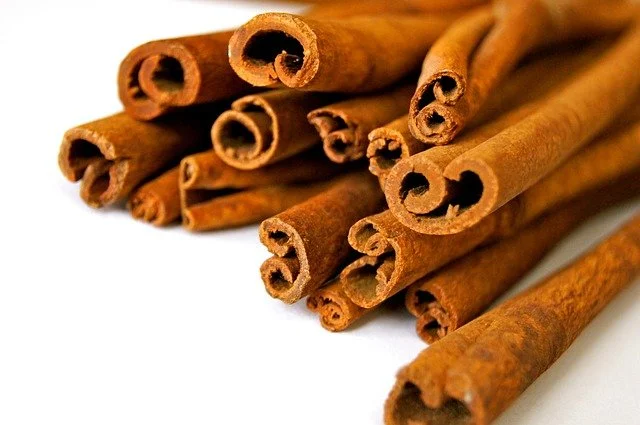
Cinnamon acts on the body as a powerful anticoagulant, all thanks to its composition’s coumarin. The habit of drinking a cup of cinnamon tea before starting a workday can significantly reduce the risk of developing cardiovascular disease.
Cayenne pepper
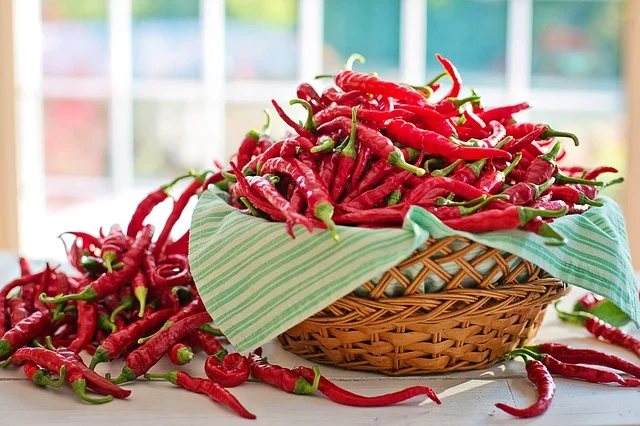
Cayenne pepper is a type of red chilli pepper usually dried and crushed into powder. Cayenne pepper has a beneficial effect on the entire vascular system, helping veins, arteries, and capillaries restore elasticity.
In addition, this wonderful product improves blood flow, thins the blood, and promotes blood flow to the extremities. The substances contained in pepper help normalize the pulse and increase the overall performance of the entire cardiovascular system.
Vitamin E
Vitamin E is an antagonist of vitamin K, which is responsible for blood clotting. Taking vitamin E capsules as a dietary supplement helps thin the blood. Medical authors argue that relatively large doses of vitamin E are required to thin the blood. But this is not useful for everyone. In people with poor blood clotting, taking even small amounts of vitamin E can cause bleeding. Therefore, a specialist consultation is required before taking.
Green tea
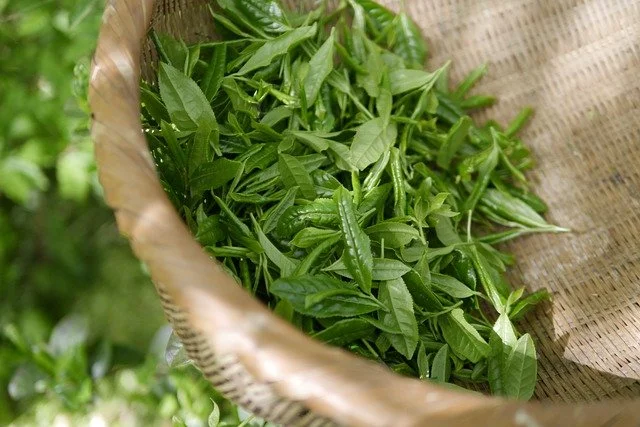
Green tea is rich in natural antioxidants called polyphenols. They protect the body from early ageing. Catechin, which is part of green tea, can thin the blood, reducing the risk of blood clots in blood vessels, improves vascular tone, and helps to lower blood pressure.
You can add honey and lemon to it; the main thing is not adding sugar and making the tea not strong.
What other foods can be used to thin the blood:
Beetroot, lemon, orange, pomegranate, Ginkgo Biloba, chestnut, wheat germ, seaweed, unrefined linseed oil. Fish fats contribute to blood-thinning and the resorption of existing blood clots and sclerotic plaques. Doctors advise eating fish at least 3-4 times a week. Preference should be given to fatty varieties.
Any correct diet for cardiovascular diseases and increased blood clotting contains a minimum of animal fats and a maximum of vegetable fibre. This means that the diet of a person with high cholesterol and vascular pathologies should not contain more than 1 gram of animal fat per kilogram of their weight.
Many people use aspirin to thin the blood, but few know that in addition to benefits, it also brings harm. Attaching to the stomach walls, particles of aspirin eat into the wall of the stomach and form ulcers.
Causes of blood thickening
Eating large amounts of sugar and carbohydrates, drinking alcohol, smoked and fatty foods, dehydration due to insufficient water intake, enzyme deficiencies, excess platelets, erythrocytes and hemoglobin, abnormal liver function, lack of vitamins and minerals, radiation, long-term use of motherwort, etc. valerian.
The syndrome of high blood viscosity is not a disease, but in the presence of serious pathologies, it can cause serious complications. It is important to remember that when solving this problem, it is imperative to consult with specialists. Be healthy.




